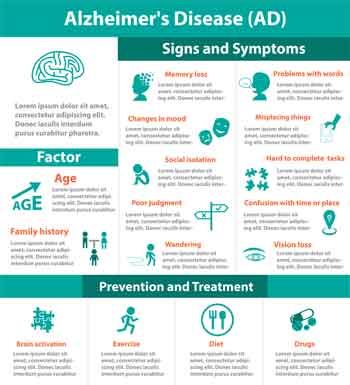Educators and doctors stress the importance of reading to your children, teachers attend conferences stressing the need to read aloud to children and the American Academy of Pediatrics suggests, “pediatricians prescribe reading activities along with other instructions given to parents at the time of well-child visits.”
Now parents can add the potential inoculation of their child against Alzheimer’s disease to the list of reasons for reading to their children.
A Review of Three Important Reasons Why You Should Read to Your Child

1.) Bond with your Child
Reading to your children provides you an opportunity to bond with them. By holding your child in your lap, giving him your undivided attention, and by reading a book he loves to him, you affirm to your child that he is important to you.
2.) Reading to Your Child Helps Your Child Learn to Read
The Association of American Publishers reminds us that statistically:
- Children who are read to find it easier to learn to read.
- Literacy is something that we acquire throughout our life starting when we are very young; it is strongly influenced by a child’s environment.
3.) Reading Improves Academic Achievement
Jim Trelease sums it up nicely in his book The Read-Aloud Handbook. “1.) The more you read, the better you get at it; the better you get at it, the more you like it; and the more you like it, the more you do it. 2.) And the more you read, the more you know; and the more you know, the smarter you grow.”
Reading Reduces the Risk of Alzheimer’s

In his landmark study into Alzheimer’s disease, The Nun Study, David Snowdon reviewed biographies that the nuns wrote in their early twenties. He discovered that the grammatical complexity and idea density in the autobiographies reflected the woman’s potential for Alzheimer’s late in life (the nuns who entered the study had to be at least 75 years of age).
Nuns with higher grammatical complexity and idea density in their writing were less likely to develop Alzheimer’s in old age. Those nuns whose autobiographies were less complex were at a greater risk for developing Alzheimer’s.
When Snowdon and his colleague Susan Kemper shared their findings with another colleague, his response was not that of a scientist but that of a father. “What does this mean for our children?” Happily, their response provides a simple solution; read to your children.
The key that reveals a person’s potential resistance to Alzheimer’s is revealed by a person’s ability to write with a high level of idea density. Idea density relies on vocabulary and reading comprehension. Susan Kemper said it this way “the best way to increase vocabulary and reading comprehension is by starting early in life, by reading to your children.” (117)
The Evidence for Reading
Reading to your children allows you to bond with them, gives them the tools for academic achievement, and lays a foundation that may help them resist Alzheimer’s disease. Reading is also fun and relaxing. Sit down and read with your child for twenty minutes tonight.


